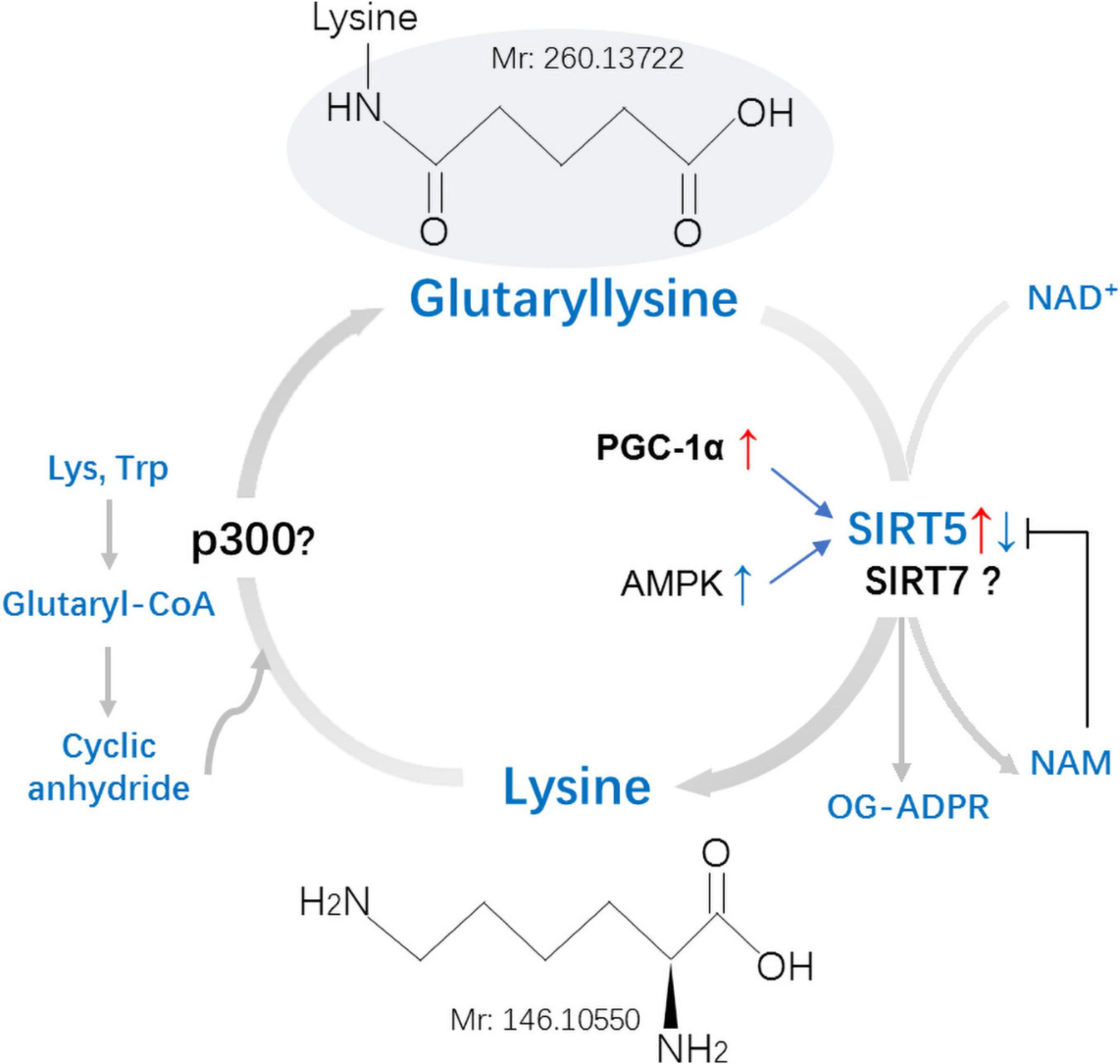Glutarylation Analysis Service
Lysine glutarylation is a unique post-translational modification that introduces a five-carbon dicarboxylic group onto lysine residues, altering the protein’s charge, conformation, and function. This modification bridges amino acid and fatty acid metabolism with the regulation of diverse cellular processes, providing new insights into how metabolic states influence protein activity. MtoZ Biolabs provides a comprehensive Glutarylation Analysis Service that includes both target protein glutarylation analysis and proteome-wide glutarylation analysis.
1. Target Protein Glutarylation Analysis
This service focuses on site-specific glutarylation characterization of a defined target protein. By combining immunoaffinity enrichment or chemical labeling strategies with LC–MS/MS analysis, MtoZ Biolabs accurately identifies and quantifies glutarylation sites, enabling researchers to explore how this modification affects protein activity, stability, or interaction patterns. This approach is ideal for functional studies on metabolic enzymes, histones, or regulatory proteins of interest.
2. Glutarylation Proteomics
For large-scale investigations, MtoZ Biolabs provides comprehensive glutarylation proteomics profiling across complex biological samples. Leveraging enrichment-based workflows and quantitative mass spectrometry (e.g., label-free or TMT labeling), we systematically map glutarylated proteins and modification sites, perform quantitative comparisons across biological conditions, and conduct downstream analyses such as pathway enrichment and protein–protein interaction network modeling. This service enables systems-level insights into the regulatory roles of glutarylation in metabolism, signaling, and disease mechanisms.
What Is Glutarylation?
Glutarylation is a reversible lysine acylation in which a five-carbon dicarboxylic group from glutaryl-CoA is attached to the ε-amino group of lysine, converting a positively charged residue to a negatively charged adduct and thereby reshaping local structure, interactions, and enzyme activity. Glutaryl-CoA arises predominantly from lysine and tryptophan catabolism, and can drive both enzymatic acyl transfer by acyltransferases and non-enzymatic acylation under mitochondrial conditions, providing a direct conduit between amino acid oxidation and post-translational control.

Xie, L. et al. Front Cell Dev Biol. 2021.
Figure 1. Mechanisms and Regulation of Non-Histones Lysine Glutarylation (Kglu)
Glutarylation has been detected in both prokaryotes and eukaryotes, particularly enriched in mitochondrial metabolic enzymes and nuclear histones. It plays key roles in regulating energy metabolism, oxidative stress responses, and chromatin dynamics. Dysregulated glutarylation has been associated with pathological states, including inherited metabolic disorders like glutaric acidemia type I, neurodegenerative diseases, and cancer. As a result, glutarylation is increasingly recognized as a critical regulatory mechanism that connects cellular metabolism with gene expression and disease development.
Analysis Workflow

Sample Submission Suggestions
1. Sample Types
We accept various biological sample types, including but not limited to:
-
Cultured cells
-
Animal or human tissue
-
Plant tissue
-
Biological fluids such as plasma or serum
2. Storage and Transport
Samples should be snap-frozen in liquid nitrogen and stored at –80°C until shipment. Ship samples on dry ice. Avoid repeated freeze–thaw cycles.
Clients are encouraged to contact MtoZ Biolabs prior to submission for tailored sample preparation advice.
Service Advantages
✅Advanced Analytical Platforms: MtoZ Biolabs established an advanced protein post-translational modifications analysis platform, guaranteeing reliable, fast, and highly accurate glutarylation analysis service.
✅Comprehensive Workflows: From enrichment to bioinformatics, we provide a complete pipeline under one platform.
✅Expertise in PTM Research: Our team has extensive experience in acylation and other post-translational modification studies.
✅Customizable Solutions: Flexible service options tailored to different research needs and project goals.
✅Reliable and Reproducible Results: Rigorous quality control ensures high data accuracy and consistency.
Applications
1. Energy and Metabolic Regulation
Glutarylation frequently modifies mitochondrial enzymes involved in the tricarboxylic acid (TCA) cycle, oxidative phosphorylation, and fatty acid metabolism. Its study provides valuable insights into how metabolic intermediates influence protein activity and energy balance, with direct relevance to metabolic disorders.
2. Epigenetics and Chromatin Dynamics
Histone glutarylation has been shown to affect nucleosome structure and transcriptional regulation. Mapping these modifications can uncover novel mechanisms of gene regulation and contribute to understanding developmental and cell identity programs.
3. Disease Mechanism Research
Abnormal glutarylation has been implicated in cancer, neurodegenerative diseases, and inherited metabolic disorders such as glutaric acidemia type I. Identifying altered glutarylation patterns helps clarify disease pathways and identify therapeutic intervention points.
4. Oxidative Stress and DNA Damage Response
Glutarylation modifies proteins involved in oxidative damage repair and genome maintenance, making it a key focus in studies of cellular stress responses and therapeutic resistance.
Deliverables
1. Comprehensive Experimental Details
2. Materials, Instruments, and Methods
3. The Detailed Information of Glutarylation Analysis
4. Mass Spectrometry Image
5. Bioinformatics Analysis
6. Raw Data
With advanced mass spectrometry platforms, proven workflows, and expert interpretation, MtoZ Biolabs' Glutarylation Analysis Service offers researchers a reliable and comprehensive solution to study this emerging modification and accelerate discoveries in molecular biology, disease research, and therapeutic development. Contact us today to discuss your project and request a customized proposal!







